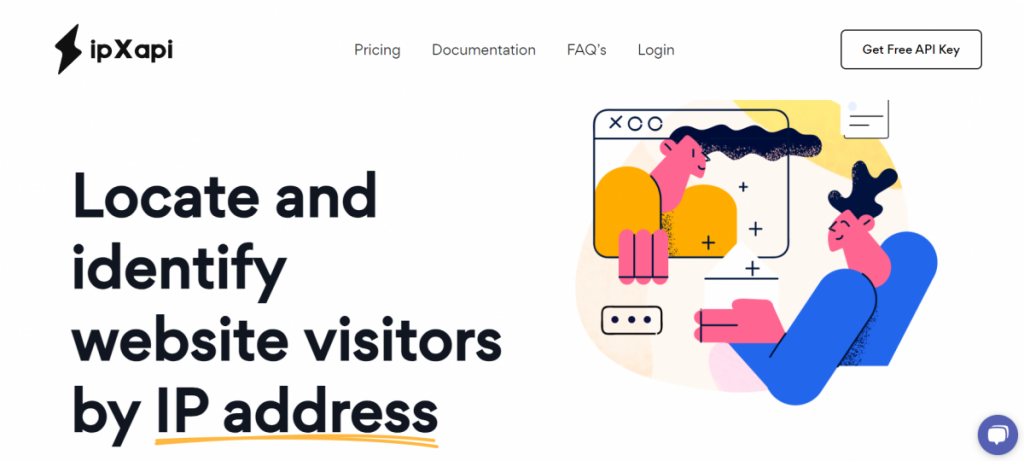In today’s digital age, ensuring the security and integrity of online interactions is paramount for businesses and developers alike. The surge in cyber threats and fraudulent activities necessitates robust solutions to detect and mitigate risks effectively. Enter ipXapi, a powerful Proxy Detection API designed to provide real-time threat detection and enhance the security of your applications. With its developer-friendly integration and advanced security features, ipXapi offers a comprehensive solution to identify and handle potential threats associated with IP addresses.
What is ipXapi?
ipXapi is an advanced API service that specializes in detecting proxies and other potential threats based on IP addresses. As a Proxy Detection API, ipXapi provides critical insights into the nature and origin of IP addresses accessing your site or application. This information is invaluable for developers who need to assess the legitimacy of users, especially in scenarios involving transactions or sensitive data exchanges.
Key Features of ipXapi
Real-Time Threat Detection
One of the standout features of ipXapi is its ability to perform real-time threat detection. The API analyzes IP addresses instantly, providing immediate feedback on their status. This enables developers to take swift action if an IP address is flagged as suspicious, ensuring that potential threats are neutralized before they can cause harm.
Detailed IP Analysis
ipXapi offers a detailed analysis of IP addresses, including information about their geographic location, ISP, and connection type. This data helps developers understand the context of each IP address and make informed decisions about how to handle them. For instance, identifying whether an IP address belongs to a known VPN or proxy service can be crucial in preventing fraudulent activities.
Enhanced Security Features
ipXapi has recently introduced several new features in its response, specifically targeting the security section. These enhancements can provide developers with more granular insights into the safety of IP addresses. The security section now includes detailed information on whether an IP address is associated with a VPN, proxy, or Tor network, or is classified as a bogon (an IP address that should not be routable on the public internet).
Detecting VPN and proxy usage is critical for maintaining the security of online transactions. With ipXapi, developers can easily identify if a user is masking their true IP address, which is often a red flag for fraudulent activities. By flagging these IP addresses, developers can implement additional verification steps to ensure the legitimacy of the user.
“security”: {
“is_proxy”: false,
“proxy_type”: null,
“is_tor”: false,
“is_tor_exit”: false,
“threat_level”: “Low”,
“threat_score”: “13”,
“is_abuser”: false,
“is_attacker”: false,
“is_bogon”: false,
“is_cloud_provider”: false,
“is_relay”: false,
“is_vpn”: false,
“is_anonymous”: false,
“is_threat”: false
},
Developer-Friendly Integration
ipXapi, designed with developers in mind, offering a straightforward and seamless integration process. The API is well-documented, with extensive guides and examples to help developers get up and running quickly. Whether you’re building a small application or a large-scale enterprise system, ipXapi provides the flexibility and scalability needed to integrate advanced threat detection into your workflow.
Conclusion
In an era where cyber threats are constantly evolving, having a reliable Detect Proxy API like ipXapi is essential for developers aiming to safeguard their applications and users. With its real-time threat detection, detailed IP analysis, and enhanced security features, ipXapi empowers developers to identify and mitigate potential risks effectively. By integrating ipXapi into your systems, you can ensure that the IPs accessing your site are safe, legitimate, and free from malicious intent.


